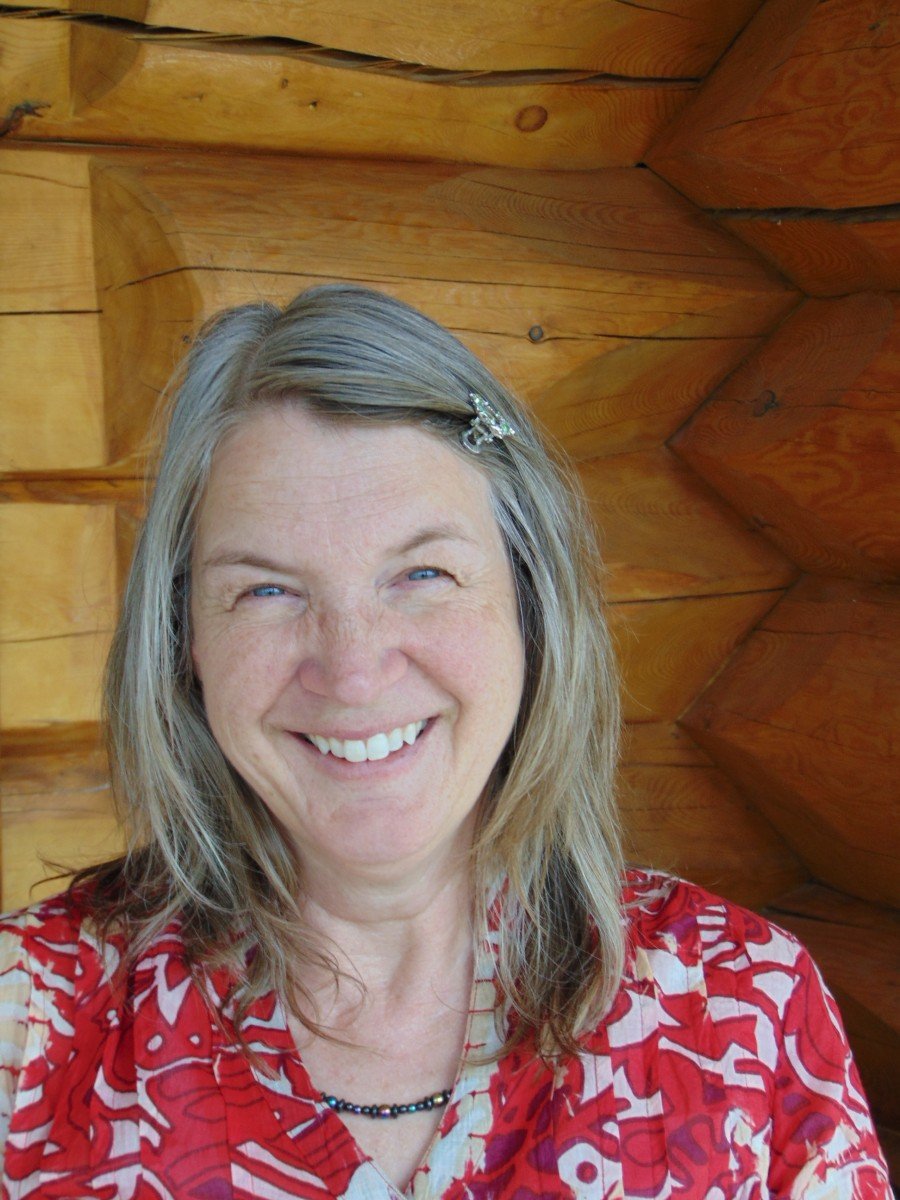Onetime Canadian Rancher Heidi Redl Wrote a Book About MS to Give Others Hope

Heidi Redl, author of "A Quiet Roar - Living with MS." Photo by Caitlin Press.
Heidi Redl was in the physically demanding job of ranching when a doctor told her in 2004 that she had multiple sclerosis.
Reluctant to give up her physical capabilities without a fight, the horseback rider and runner from Williams Lake, Canada, searched for unconventional as well as conventional MS treatments.
In her book “A Quiet Roar – Living with Multiple Sclerosis,” she writes about the changes MS brought to her life and her experience with a treatment called Liberation therapy. Those changes include going from a horse to a wheelchair.
Multiple Sclerosis News Today talked with Redl about the experiences she shared in her book, published by Caitlin Press, and her hope that it can benefit others with MS.
“I was diagnosed by a neurologist in 2004, although I had symptoms of something wrong for many years before that,” she said. “Being diagnosed with MS changed the focus of my world, or my life, from a physical one to an emotional or mental one. I used to run long distances, I was a horseback rider and a rancher, a mother. In other words, I was always physically busy and moving. After the diagnosis I had to turn to mental pursuits: writing and painting as my body slowly gave out.”

Heidi Redl, author of “A Quiet Roar – Living with MS.” Photo by Caitlin Press.
Redl did one-kilometer runs as part of a family relay team, and trained for competitions by running five kilometers. When she was younger, she was a sprinter.
After learning she had MS, her first reaction was to do what she could to prevent the disease from progressing. She continued exercising — going on long walks — and adopted a more healthy lifestyle, eliminating junk food.
When Liberation therapy became a household name among MS patients, after promising results reported in 2009, Redl decided to try it.
“Liberation therapy offered hope to me and people like me with MS,” she said. “Prior to Liberation therapy there was nothing offered to MS sufferers that gave us any hope. I had to try, for myself and my family, in case it really was ‘the Cure.’ I researched Liberation Therapy as much as I could online. I talked to other people who had the procedure done, and I talked to my family, who supported my decision to undergo the procedure wholeheartedly.”
Liberation therapy is an angioplasty procedure to widen narrow blood vessels. It involves using a guide wire to insert a balloon into a vessel, then pumping up the balloon to widen it.
Some doctors believe it can benefit MS patients by widening their neck veins, improving blood circulation between the brain and heart and eliminating toxic iron accumulation.
Recent studies have found no evidence that Liberation therapy can improve MS symptoms. In fact, many Canadian doctors refuse to perform the surgery, calling it too dangerous.
Although the treatment did not help Redl, she wanted to share her experience with other MS patients. That’s when she started writing “A Quiet Roar.”
“Although Liberation Therapy turned out not to be ‘the Cure,’ it has had some lasting psychological benefits,” she said. “Never, Never, Never Give Up is my motto, and I want people to know that there is always hope. The Cure is out there somewhere, and we’ll see it in our lifetimes. Specifically, I wrote the book for my children because I don’t want them to ever be afraid if they are ever stricken with a disease like MS. There’s always hope.”
After her diagnosis, painting become one of Redl’s passions. “I love painting mountains — and lakes,” she said. “I started painting a few years ago to give me the feeling I could still do something useful when I found myself in a wheelchair.”
When asked whether patients who are considering Liberation therapy could benefit from reading her book, Redl replied: “I wouldn’t advocate Liberation therapy as a cure for MS, although it does seem to have had small, lasting benefits.”
She believes MS patients can benefit from her book in another way, however — “by realizing that their lives still have a purpose, and they are still useful, and they should never feel like this disease has made them worthless.”






